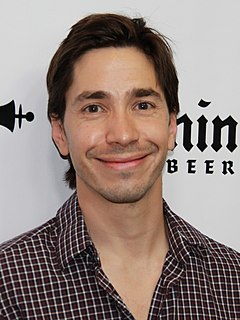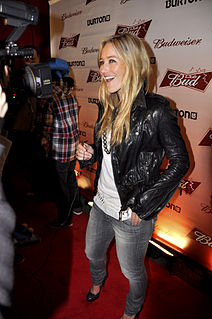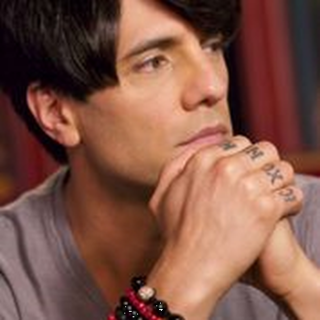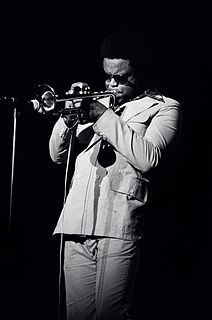A Quote by Stephen Covey
When I started teaching I realized that I had never had such a level of satisfaction and such a feeling of fulfillment and sense of contribution. Just like that. But, usually it's more cumulative, slow, evolutionary and less revolutionary.
Related Quotes
In my late 20s, I realized that I had a very clear social conscience and strong opinions about things like diversity, equality, and education, and while I tried to become more politically literate, I just couldn't catch on. It felt like I had walked into a movie that had already started, and no one would explain what had happened.
You know, Michael, I used to sit around looking for a way to make sense of what happened, like there was some kind of answer I could find if I just looked hard enough. Then one day I realized that if there had been one, Dave would still be here. And I wondered if this...this feeling that I couldn't figure it all out...was what Dave had been feeling, too.
I've always had great satisfaction out of writing the plays. I've not always had great satisfaction out of seeing them produced-although often I've had satisfaction there. When things go well in production, on opening there's no nicer feeling in the world-what could be nicer than watching an audience respond? You can't that from a book. It's a fine feeling to walk into the theater and see living people respond to something you've done.
In the Depression, besides everybody being poor, our entertainment was much more primitive and innocent. The comic strip, which I so venerated, was still a very new form. Movies had just become talkies. Radio had just gone coast to coast for the first time. Network radio had just begun when I was a kid. So all of these forms were more or less in their infancy, and feeling their oats. Comics were fresh and funny and nervy, and in a sense, defiant of the prevailing culture.
I never want to feel complacent, and I had started to, a little bit. I had started to feel like "I have this thing I can do, it's worked a few times," but not only does that get boring, but you feel stagnant and unproductive. So I was feeling a lack of creativity and motivation, so I started making a more conscious choice to grow personally. It wasn't even an image-conscious thing, like, "I don't want people to think this way about me." It was really just a way to keep myself energized and feel excited about this thing I love doing. Like I went to couples therapy or something.
When I started writing short stories, I thought I was writing a novel. I had like 60 or 70 pages. And what I realized was that I don't write inner monologue. I don't want to talk about what somebody is thinking or feeling. I wanted to try to show it in an interesting way. And so what I realized was that I was really writing a screenplay.
And they did have fun, though it was of different kind now. All that yearning and passion had been replaced by a steady pulse of pleasure and satisfaction and occasional irritation, and this seemed to be a happy exchange; if there had been moments in her life when she had been more elated, there had never been a time when things had been more constant.
I was always telling myself I could handle a more complex role, I could handle something bigger and more interesting than the work I was doing. But I wasn't demanding that of myself. At a certain point, I realized it was never going to come my way unless I started taking more control of it. That's what I realized I had to do.
I was keenly conscious of the comrades-in-arms who had fallen with me. A bond surpassing by a hundredfold that which I had known in life bound me to them. I felt a sense of inexpressible relief and realized that I had feared, more than death, separation from them. I apprehended that excruciating war survivor's torment, the sense of isolation and self-betrayal experienced by those who had elected to cling yet to breath when their comrades had let loose their grip.





































